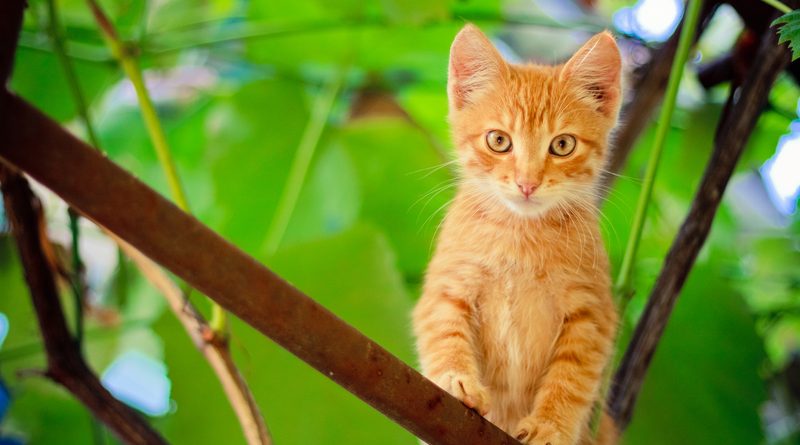When your baby isn’t such a baby anymore – when to switch to adult foods
It’s amazing how quickly kittens and puppies can grow up! That little bundle of joy that you brought home seemingly only weeks ago has now rounded his 6-month birthday and is headed towards his first birthday. Should you change her to adult food now, or wait?
A good rule of thumb for smaller breed dogs and cats is that you can transition to an adult diet after 1 year of age. By that point they should be done with the vast majority of their growth period and will not need the extra nutrients present in kitten or puppy diets. You don’t have to switch right away, though, if your kitten or puppy is at a healthy weight and otherwise doing well on the food. If your puppy or kitten is getting a bit pudgy or you find you need to feed a lot less than the guidelines on the food bag to keep your pet trim, make sure that the adult food that you switch to has lower calories than the diet you are currently feeding and ask your veterinarian for advice on how much to feed.
Most large breed dogs like Labradors can also be transitioned at 12 months if desired. For giant breeds such as Great Danes and Mastiffs, the growth period may extend through 18 months and so large breed growth diets may be fed for considerably longer than 12 months.
It is important that large breed puppies (or any puppies) not be put on adult food before 12 months of age, although some resources and breeders recommend this practice. Foods that are not designed for growing large breed puppies do not have adequate nutrient profiles to support optimal growth for large and giant breed-puppies. Adult diets, rather than preventing growth issues, are more likely to cause them.

